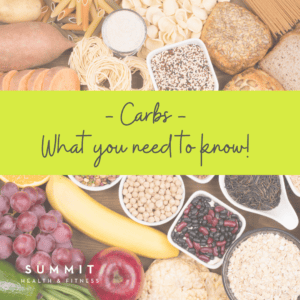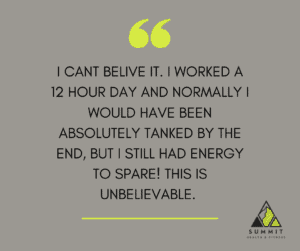1-Hired a coach (yes I’m a coach and I could absolutely set my own plan, but I knew I needed someone to be accountable to and to call me out when needed)
2- I said “NO” to a lot of things. I knew if I wanted to see results I had to commit! I legitimately had three months in my mind and knew I could go all in for that short amount of time. I said no to heavy cream in my coffee. I said no extra late night snacking. I said no to nut butters. Can these things be part of a fat loss phase, absolutely, but for my plan, they did not fit and I was committed even though I enjoy everyone of these! It’s just like a budget sacrifices have to be made somewhere. You just simply decide where!
3- I followed the plan! There were 7 days out of 90 that I did not hit my numbers spot on! If I’m being honest, in my opinion, her plan….not great! It didn’t take into consideration the foods I prefer to eat or how I was eating previously to starting this cut. I felt like she put me in a box and created a “generalized” macro prescription and that was it. However, I committed. I followed her plan. I didn’t ask for changes or adjustments. I legitimately went all in. And lookey 😳 there….it worked!!!! 🫣More in this later friend. 😘
4- I focused on Protein & Produce first!!!! Obviously protein because that was part of my nutrition prescription. I knew it would maintain my lean muscle and keep me full and produce to keep me satisfied. I knew going into a fat loss phase I was likely to be more hungry so I knew I had to fill my meals and snacks with lots of produce, especially veggies so that I was HANGRY!
5- I trusted the process. To be honest, four weeks and very little had changed. But after those four weeks of continuing to remain consistent things just felt like they almost shifted overnight. I didn’t remain consistent because I had an amazing coach. I remain consistent because I knew the science of fat loss and I knew most people quit just before the finish line. I knew my deficit was accurate and I knew if I remain consistent, there’s no way I would not see results. And I did.
Fat loss phases can be challenging.
I’m thankful for this experience and all of the others that I have had through my journey. As nutrition and health coaches our personal experiences with our own nutrition journeys give us so much insight into coaching our own clients.
We understand the challenges, how arduous it can be, and we understand the dedication and commitment it takes.
More to come on lessons learned from this.








